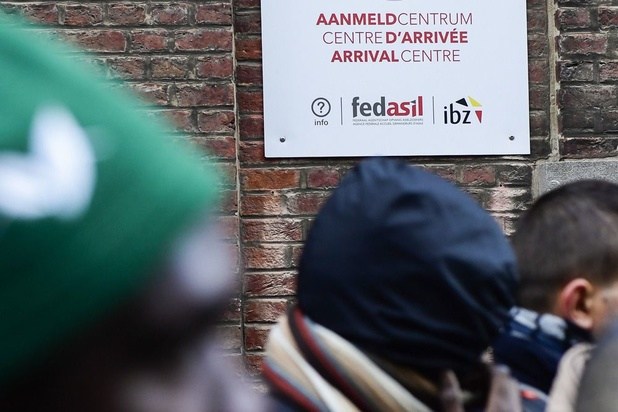Around 200 asylum seekers could be eligible to work in the healthcare sector in Belgium based on their degrees or relevant experience, according to a survey conducted by Fedasil at the request of Secretary of State for Asylum and Migration Sammy Mahdi.
The survey from the Federal Agency for the Reception of Asylum Seekers looked at the number of people with a recent degree or experience in health care in centres that receive applicants for international protection.
"We can use a lot of helping hands during this Covid crisis. Because there are a lot of people in our asylum centres waiting for an answer as to whether they can stay here or not, it would be useful to be able to call on those people now as well. These people have a profile for working in healthcare and we should be able to put them to work," Mahdi's spokesperson told The Brussels Times.
Related News
- VUB research uncovers discrimination in Leuven rental market
- Women’s groups launch petition calling for Charles Michel to resign
The people included in the survey have a pending asylum procedure, but may be eligible for a work permit because they have a temporary right of residence.
According to the survey, the people identified indicated that they can do little while waiting for a decision in their asylum procedure and that "they want to do their bit during the coronavirus crisis, especially as they could support a sector that is under great pressure."
The Coronavirus Commission previously had mentioned the possibility for these asylum seekers to work when there was a demand for extra support in the care sector, however, he later reported that there was "less of an acute need for care personnel," according to a press release from Fedasil.
However, Mahdi recognised there are practical objections in terms of recognition of qualifications and deployment to already overcrowded workplaces. He has asked his department to look into whether asylum seekers can be employed as volunteers in vaccination centres, as they are organised locally, which means make agreements can be made with the reception centres.
The survey found that most of the people with a degree or experience are women under the age of 35 who have worked in the health care, obstetrics, or nursing sector in their home countries.
Just under 50% of the people obtained an appropriate degree less than five years ago; the other half have more than five years of work experience.
Meanwhile, around 50% of them speak Dutch and 32% can communicate in French. They also speak English, Arabic, Farsi, or Spanish, which the agency said be useful for reaching certain target groups.
Lauren Walker
The Brussels Times

